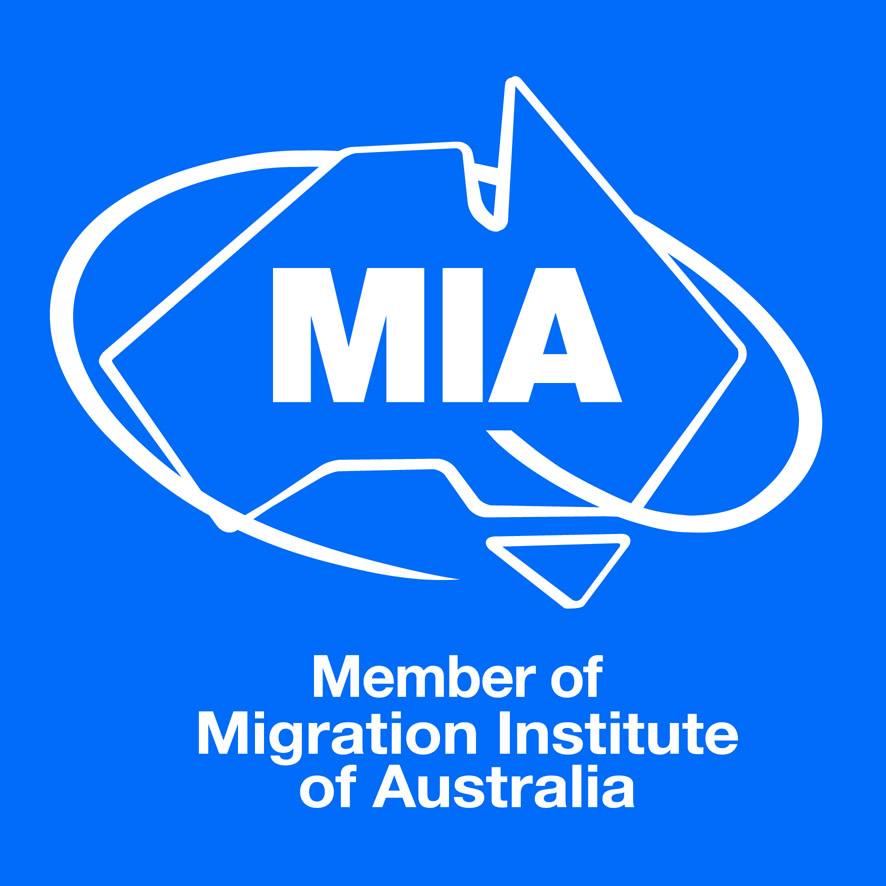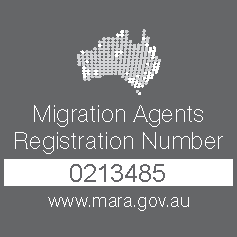Australia’s Skilled Migration Program is currently the subject of an inquiry by the Joint Standing Committee on Immigration. Covid-19 has had a significant impact on skilled migration with over 500,000 temporary visa holders having left Australia resulting in significant skills shortages.
The aim of the inquiry is to address certain elements of the Skilled Migration Program in the hope that processes can be streamlined, making it easier to get the skilled workers Australian business’s need.
When it comes to the Skilled Migration program, there are many points of view or issues that are raised.
Some of the issues
– Australia has faced its first negative net migration rate since WW1
– Skills shortages are preventing businesses from recovering from the pandemic
– Labour Market Testing (LMT) slows down the process of getting overseas workers into Australia
– One in four skilled migrants are working in jobs below their qualification level
Negative Migration
Australia relies heavily on migration to not only contribute to the Australian economy but to also fill skills shortages in businesses for positions that can’t be filled by local workers. Covid-19 has resulted in migration coming to a standstill and only overseas workers that have critical skills that are crucial to essential industries such as food manufacturing are able to enter Australia with an exemption. This stall in migration has caused Australia’s population to shrink.
Drawn-out processes
The processes currently in place are very slow and not as responsive as they should be. The drawn-out procedures are making it hard for employers to recover from the pandemic as it is taking far too long to hire qualified overseas staff to fill positions.
When it comes to hiring overseas workers, employers need to undertake Labour Market Testing which requires a position to be adequately advertised to ensure that a position can’t be filled by an Australian worker. While this is a fair process it is also time-consuming and is causing a backlog in the system. There are calls for LMT to be relaxed for some businesses with only medium and large businesses required to conduct this process.
Skills mismatched with nominated occupations
Many migrant workers are working in jobs they are over-qualified for. Many migrant accountants, engineers and chefs are among the most likely not to be working in their nominated field. Many have had to take on work as taxi or Uber drivers. Language barriers lack of local work experience and networks are just some of the reasons these workers are unable to find work in their chosen field.
There are calls for the Government to establish a government-regulated online skills-matching platform. This would allow permanent skilled migrants to register their skills and let accredited employers hire migrants from within the platform, giving migrant workers a shot at working in their preferred field.
While these concerns are present at a national level, each state has its own issues when it comes to Skilled Migration. Some states and territories are still accepting applications in their Skilled Migration Programs with a focus on critical skills needed to support the country’s economic recovery post Covid-19.
Who needs what?
Victoria
Skilled Migration applications continue to be processed in Victoria with a focus on health occupations. Applicants are required to have skill sets that support Victoria’s response to the Coronavirus pandemic.
New South Wales
New South Wales continues to process Skilled Migration applications with selected health, engineering and ICT occupations that support NSW’s economic recovery and health response to the pandemic.
Tasmania
Tasmania continues to process Skilled Migration applications.
South Australia, Western Australia, Australian Capital Territory and Northern Territory
These states and territories continue to process Skilled Migration applications but for onshore applicants only.
Queensland
Queensland has closed their Skilled Migration Program due to a backlog of applications. It has been indicated that the program will re-open in April for onshore applicants only.
The outlined matters and the needs of each state only skim the surface of the issues facing migration today. Stakeholders from various organisations and businesses have varying points of view and this enquiry will give them the opportunity to put their thoughts forward.
The Priority Skilled Occupations lists is one of the discussion points of the enquiry. There are calls for some occupations to be included in the occupations list but Dan Engles of Visa Solutions states, ‘When it comes to these occupation lists, the occupations aren’t necessarily the issue as occupation needs change constantly. The issue is how the Government recognises what employers require at any time. The easiest way for the Government to handle this is to trust that employers know what they need and when they need it.’
Time will tell how this inquiry will impact migration and whether improvements and streamlined processes will be put in place to make the Skilled Migration Program more effective.
To learn more about any aspect of migration or to speak to a Registered Migration Agent, contact Visa Solutions on 1800 828 008.
Travel Exemptions
While Australian borders are currently closed due to the COVID-19 pandemic, travel exemptions may apply under the following circumstances:
– A traveller has a compassionate or compelling reason to visit Australia
– Overseas workers holding a Subclass 482 or 400 visa are required to undertake a job in Australia that cannot be filled by a local employee in a critical role or industry.
Visa Solutions Australia has been successful in acquiring a broad range of exemptions, from critical workers to those needing to travel on compassionate grounds.







